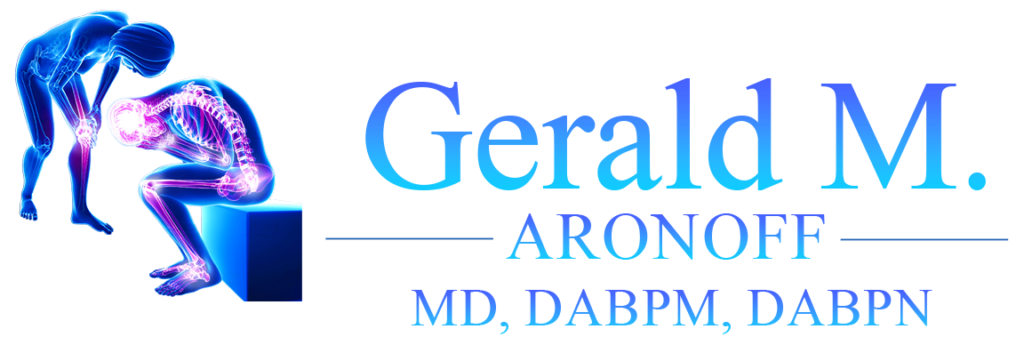Chronic pain can be an overwhelming and debilitating condition that affects millions of people worldwide. To effectively address and alleviate this persistent discomfort, a multidisciplinary approach known as pain management is crucial. In this article, we’ll explore the key aspects of comprehensive pain management, the types of pain it can address, and the various strategies involved, drawing insights from “Medication Management of Chronic Pain: What You Need to Know” by Gerald M. Aronoff, MD, DABPM, DABPN.
Chronic Pain and Its Impact
Chronic pain is characterized by discomfort that persists for more than three months, extending beyond the typical healing time of an injury. It can manifest in various forms, including but not limited to:
- Arthritis
- Fibromyalgia
- Back pain
- Neuropathy
- Migraines
Chronic pain does not discriminate by age or gender, making pain management applicable to anyone who experiences prolonged suffering.
The Two Main Types of Pain
Understanding the nature of pain is essential in tailoring effective pain management strategies. There are two primary types of pain:
1. Acute Pain: This type of pain is typically short-term and is often associated with a specific injury, surgery, or illness. Acute pain serves as a warning signal to the body, indicating that something is amiss and necessitating immediate attention.
2. Chronic Pain: Chronic pain persists over an extended period, sometimes lasting for years. It may be caused by an underlying medical condition or have no apparent cause at all. Managing chronic pain requires a more comprehensive and sustained approach.
Strategies for Comprehensive Pain Management
Comprehensive pain management encompasses a range of strategies that address the physical, emotional, and social aspects of pain. Here are some key components of this multidisciplinary approach:
Medication Management
- Analgesic Drugs: Medications like nonsteroidal anti-inflammatory drugs (NSAIDs), opioids, and antidepressants can help reduce pain levels. The choice of medication depends on the type and severity of pain. Gerald M. Aronoff, MD, DABPM, DABPN’s insights emphasize the importance of appropriate medication management in chronic pain treatment.
- Non-Medication Approaches
- Physical Therapy: Physical therapists can create tailored exercise and stretching routines to alleviate pain and improve mobility.
- Alternative Therapies: Treatments such as acupuncture, massage, and chiropractic care can provide relief and complement traditional medical approaches.
- Psychological Interventions
- Cognitive-Behavioral Therapy (CBT): CBT helps individuals manage pain by changing negative thought patterns and behaviors associated with chronic discomfort.
- Relaxation Techniques: Learning relaxation techniques, such as deep breathing and meditation, can help reduce stress and alleviate pain.
- Lifestyle Modifications
- Diet and Nutrition: Making dietary adjustments can play a role in managing conditions like arthritis and reducing inflammation.
- Exercise and Movement: Engaging in regular physical activity can improve muscle strength and flexibility, reducing the impact of chronic pain.
Personalized Treatment Plans
Each individual’s experience of chronic pain is unique. Therefore, a comprehensive and personalized treatment plan is essential. Healthcare professionals work closely with patients to determine the most suitable combination of strategies to address their specific condition and preferences.
In conclusion, chronic pain is a complex and challenging condition that can significantly impact an individual’s quality of life. However, with a multidisciplinary approach to pain management, including medication, physical therapy, psychological interventions, and lifestyle modifications, individuals can find relief and regain control over their lives. Gerald M. Aronoff, MD, DABPM, DABPN’s insights further highlight the significance of medication management in the holistic treatment of chronic pain. If you or a loved one are living with chronic pain, seeking professional guidance and exploring these comprehensive strategies can make a significant difference in managing and alleviating your discomfort.










